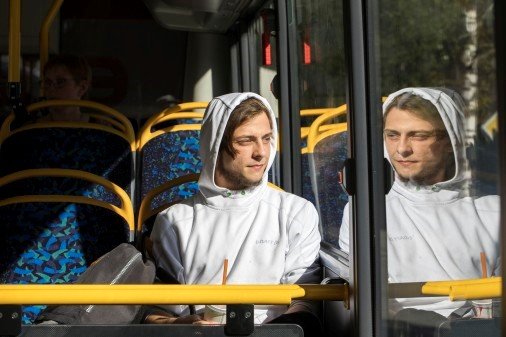The new work and travel habits that have been established as a result of the COVID-19 pandemic persist and may become the new normal. This is shown by a new study on the impact of the Coronavirus on our work and travel habits as the mobility company that Transdev Sweden has done in collaboration with Yougov (international Internet-based market research and data analytics firm) in September 2020.
As many as 42 % of the respondents answer that they work or study from home to a greater extent and every fifth person that they have changed their travel habits now during the pandemic, which is in line with the results from the May survey. More interesting is that 50 % of those who currently work from home intend to continue with it even after the pandemic is over, which corresponds to an increase of 14 percentage points compared with the May survey. The same trend can be seen for travel habits. Just over 20 % of those who have changed their travel habits during the pandemic do not intend to return to their normal mode of transportation when the pandemic is over, which corresponds to an increase of 5 percentage points compared with the May survey.
The longer the pandemic lasts and the restrictions apply, the more they characterize our habits. We see that Swedes are getting used to their new work and travel habits and that we will probably not be able to return to everyday life that applied before the pandemic began. This new reality requires that we who work with mobility and travel together find new flexible solutions in services and agreements.
Anna Höjer, CEO of Transdev Sweden
Approximately 3.5 billion SEK in revenue losses for the Swedish public transit industry per year
Of those who state that under normal circumstances they usually travel collectively to work or school, 34 % say that they have changed their mode of transportation during the pandemic. This is an increase of 6 percentage points compared to May. Despite the fact that the fear of being infected in public transportation is decreasing, as many as 13 % of those who under normal circumstances usually travel by public transportation to work or school state that they will not, or do not know if they will, return to public transit after the pandemic. This is a doubling compared to the survey conducted just four months ago.
The positive thing is that 60 % of public transit passengers state that they will continue to travel by public transportation when the pandemic is over. But the fact that as many as 13 % state that they are unlikely to return to public transportation after the pandemic is worrying, this would correspond to a loss of revenue of about 3.5 billion SEK (approximately €334 million) per year for the entire Swedish industry. Less public transportation means fewer alternatives for people to be able to travel sustainably, the risk is that car travel increases but also that a reduced supply can lead to increased gaps in society. Such a development would be to take a step back for Sweden’s investments in both the environment and integration.
Anna Höjer, CEO of Transdev Sweden
The public transportation journey has been replaced by various alternatives where the main thing is that you do not travel at all, but instead see and shop digitally (61 %), or cancel your journeys (47 %). If you travel, you take a car to a greater extent (52 %) or cycle and walk (37 %).
More information about the survey:
The survey was conducted on behalf of Transdev Sweden during the period 2-4 September 2020 via YouGov Sweden’s Internet panel. A total of 1007 people participated in the survey. The sample is representative of the Swedish population in terms of gender, age and region. You can take part in our proposals to save public transportation and make it more attractive at www.transdev.se/covid-19 (in Swedish only).

